Last year, I organized an “Urbanist Meetup Tokyo”, and this post aims to discuss the importance of interdisciplinary collaboration among the people who understand urbanity and love the cities we live in. The term “urbanist” is not popularly used in the Japanese context, but I believe that what Japanese cities (particularly Tokyo) need in this age of rapid transformation is to go beyond “civil engineering” and the idea that the urban environment is the playground of merely architects and planners.
Urbanist MeetUp Tokyo
Cities are formed/imagined/lived and used by people from various backgrounds and with interests. The increasingly popular Japanese concept of “machi-zukuri” (community/neighborhood planning — check out this article here), for instance, means a departure from the traditional form of top-down planning and covers variety of fields, such as community development, renovation, regional branding, town development, real estate, geography, architecture, and more. Yes, there are tons of professions that are closely related to cities, not only architects and planners — so what is the meaning of connecting all these activities and professions on the horizontal axis?
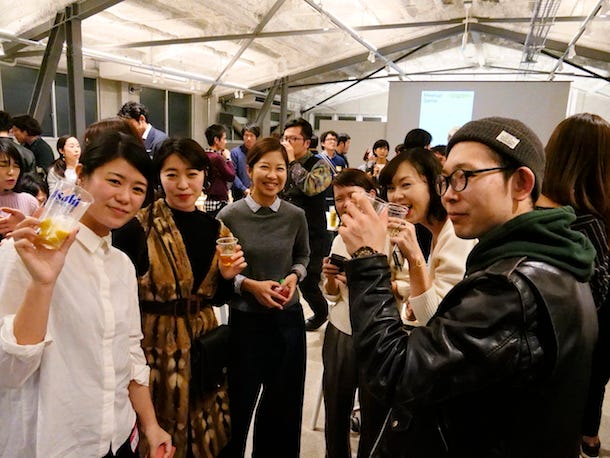
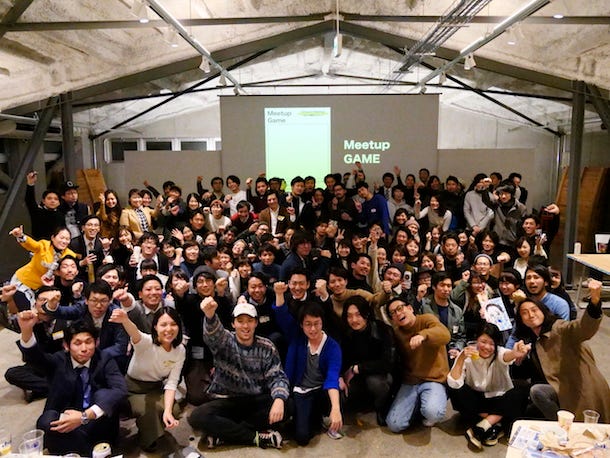
2017 December in Tokyo; approximately 150 urbanists showed up to the meetup. The meetup was originally initiated by a few young architects from the renovation industry, who have been gathering and holding a party every year for the past 4 years in order to extend the narrow frame of the industry.
Since then, the concept has spread not only among the renovation industry but also to real estate, architectural design, town planning and other areas. This time, we expanded the frame further and gathered a wide variety of people who were related to cities in various ways in order to create a more inviting and strong community — we decided to name it “Urbanist MeetUp”.
In this meetup, the word “urbanist” was widely defined as “people who make/use/live cities”, and we invited 23 urbanists to give a short pitch about their activities — their approach and passion for cities. A small game followed to elicit conversation among participants.
The beauty of this meetup was that there was a variety of professions involved — not only architects and planners, but also people from community development, writers and editors from the media covering a variety of urban issues, and IT engineers who are developing apps about cities. All the speakers and participants were able to meet others who are equally passionate about cities, but had totally different professions and approaches. If that doesn’t trigger a conversation towards brand-new ideas and inspiration, what will?
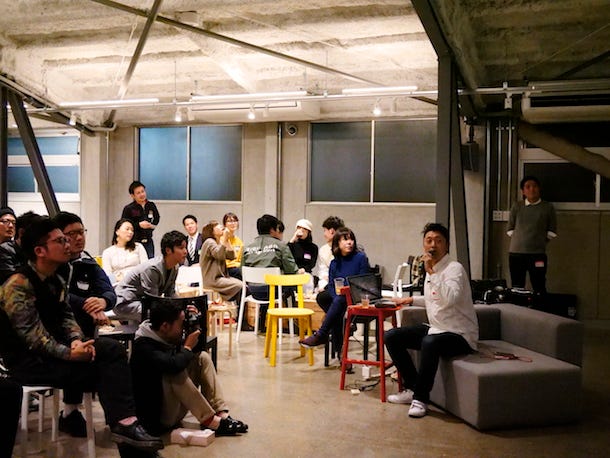
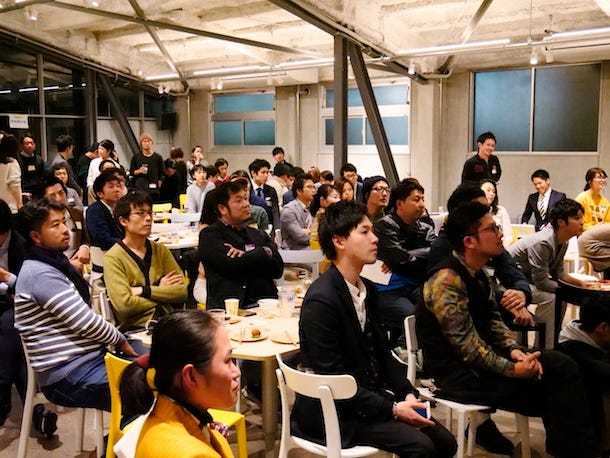
Fireside Chat for cities@Tokyo
As another example , a few months ago my colleague and I organized a meetup called “Fireside Chat for Cities” . This was a meetup for urbanists to discuss various topics related to cities in an interactive manner. We gathered in a small bar on Shinjuku Golden Street, and the focus was a discussion of the subjective, personal stories of the participants.
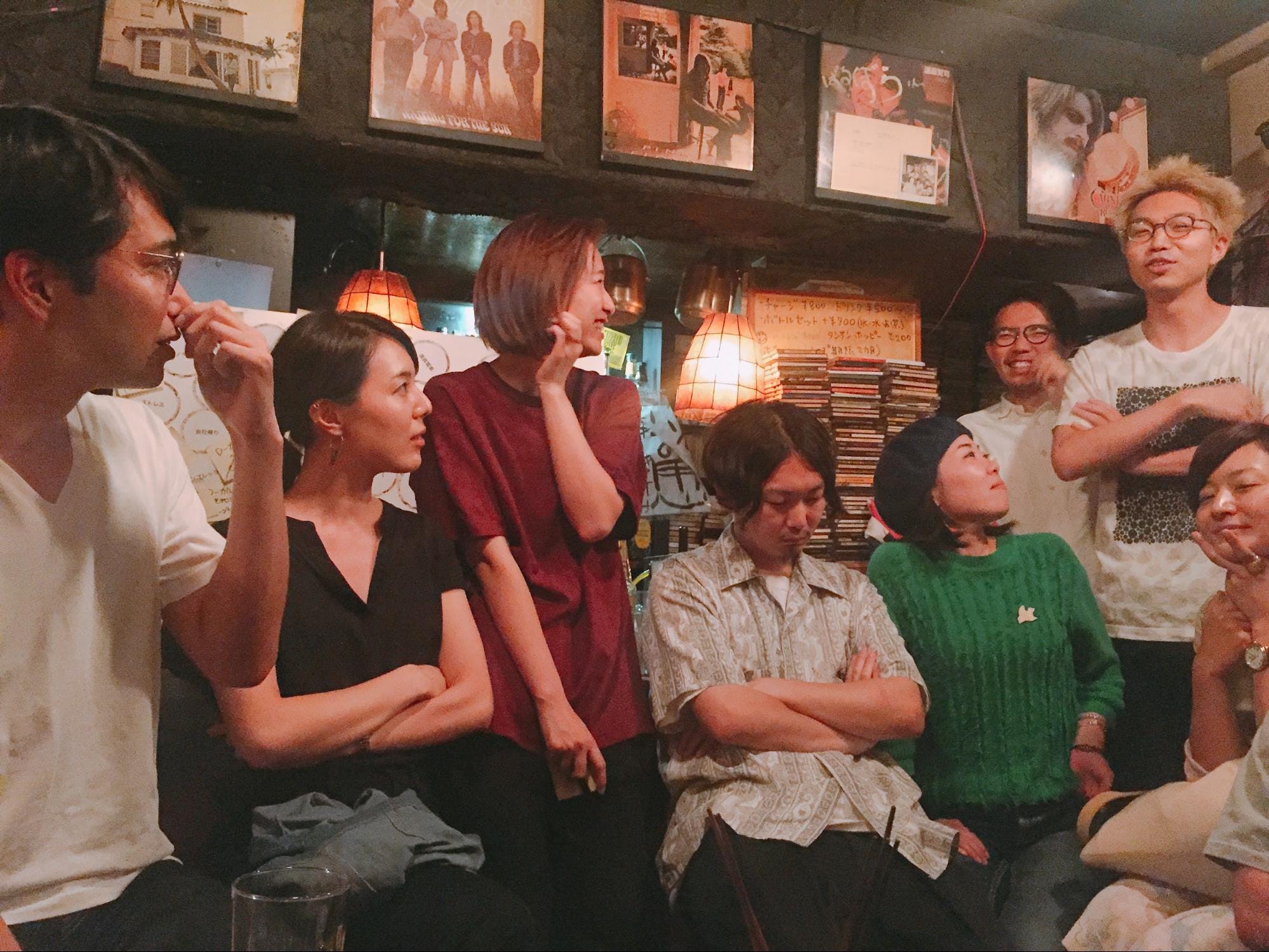
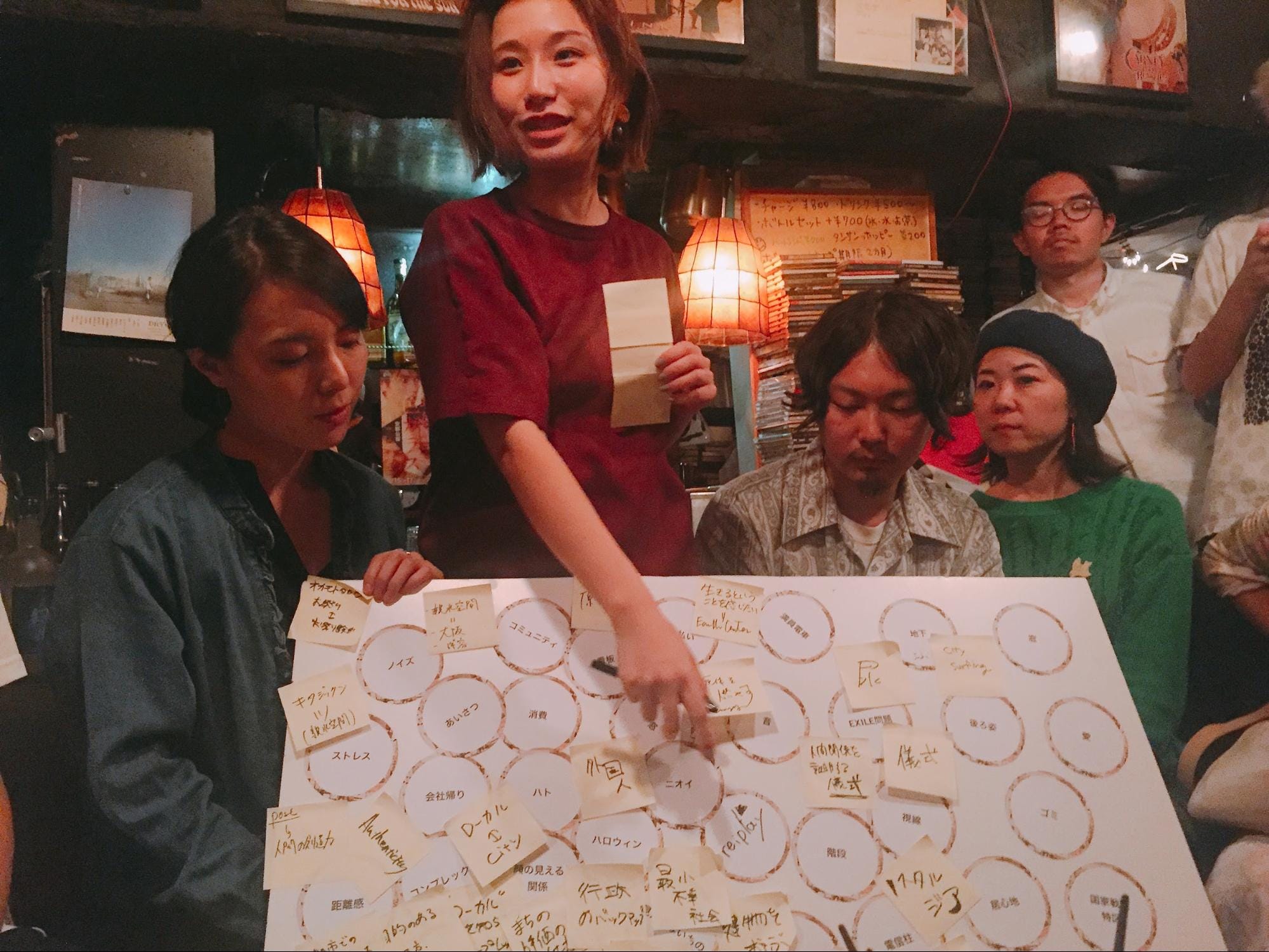
We came up with some random city-related themes such as “noise, crowded trains, staircases, drinking companions, convenience stores, windows, romance, smell, gender” , whereby each participant selected one of the themes and talked about what they had experienced regarding that topic in cities. The aim was to grasp our cities through the complexity of how one experiences and lives in a city and gets to know the others’ different approaches and opinions.
Most of the participants were not architects or urban planners, but when they talked about their subjective memories and experiences of the cities, it really didn’t matter who “knew” the city better.
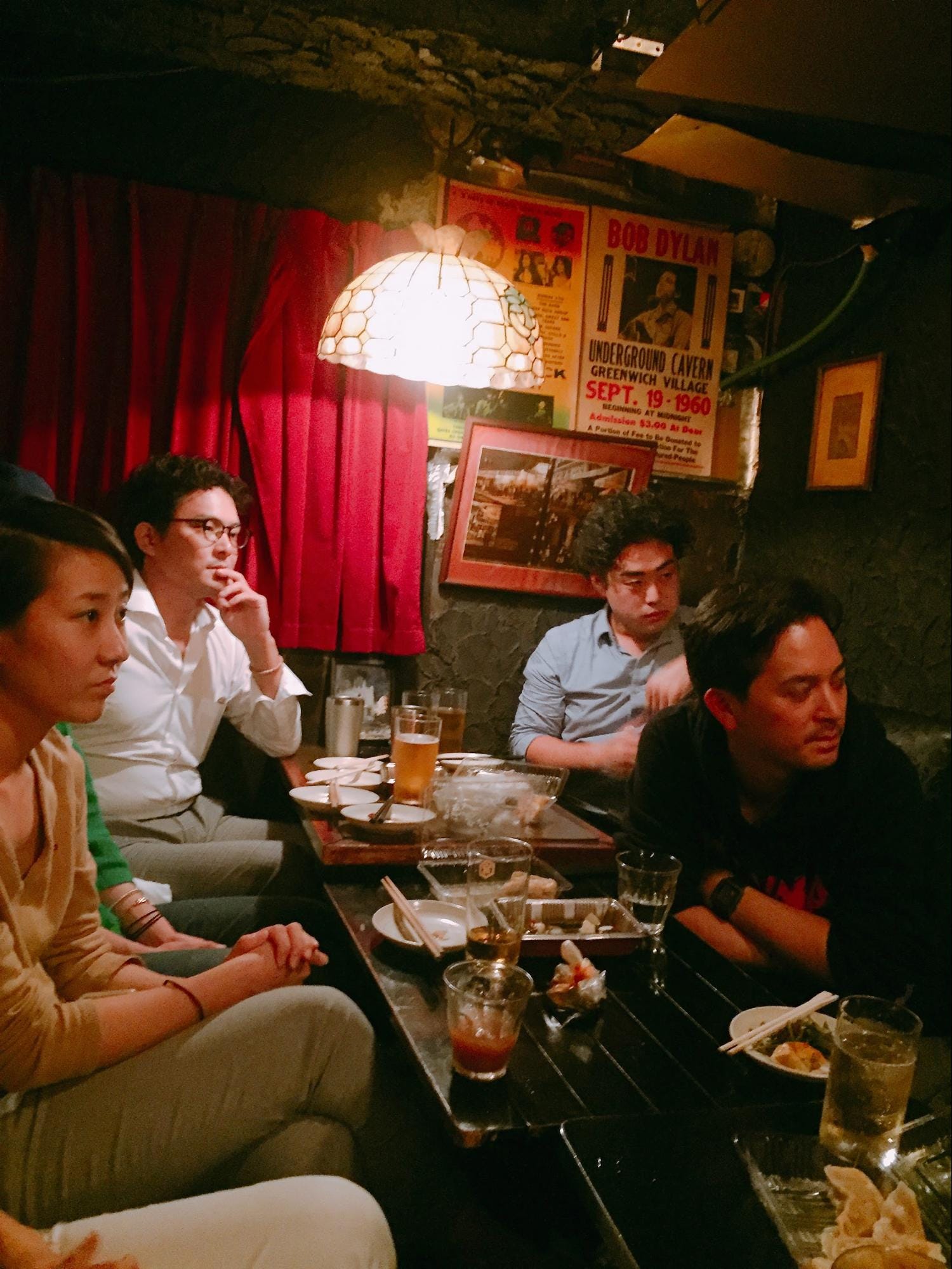
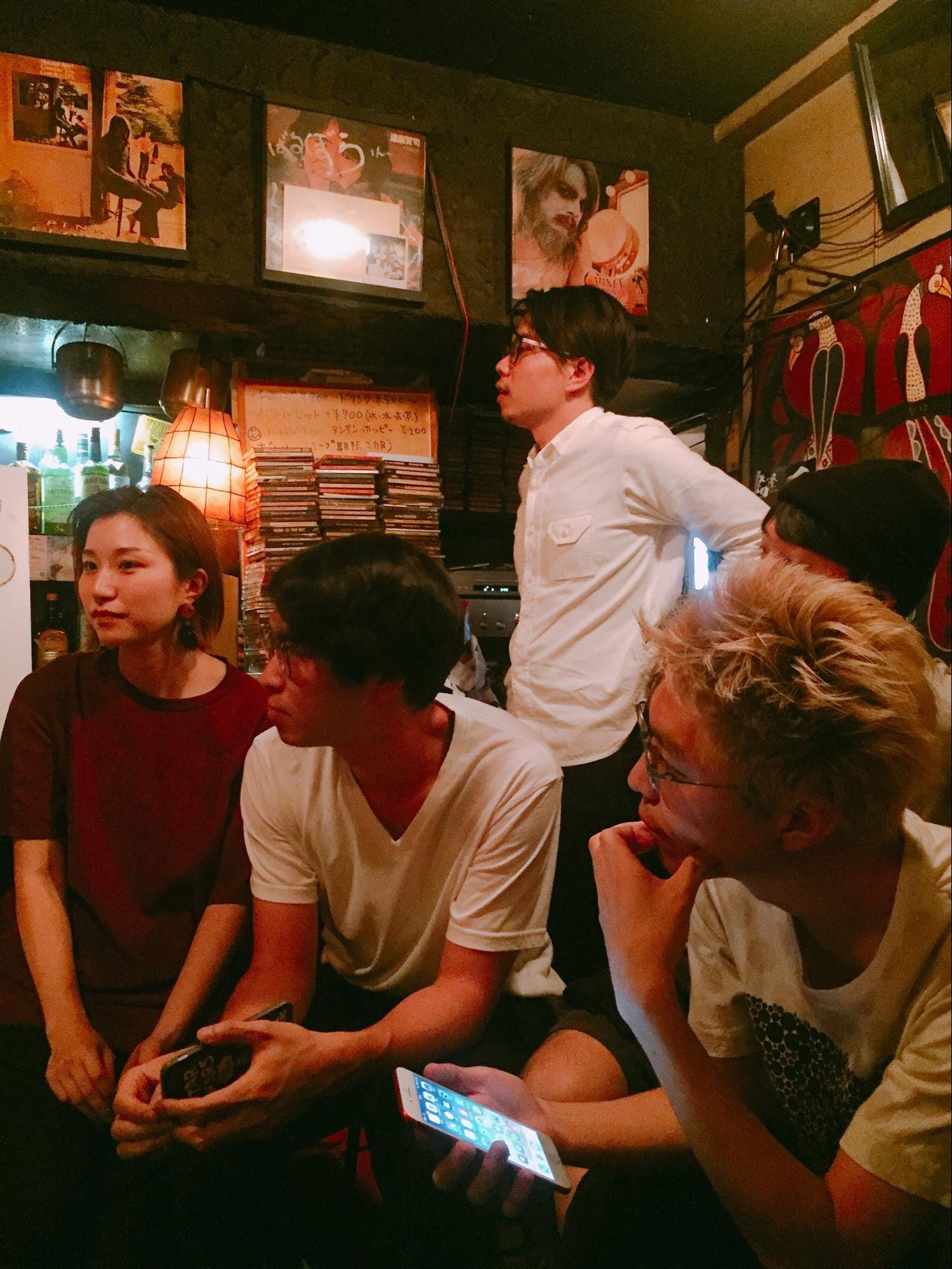
Who is the “urbanist”?
In Japan, the word urbanism is often translated in association with urban planning and civil engineering skills, and in many cases it is considered that urbanist = urban planner. However, if the urbanist is grasped broadly as those people who “make” cities and “use/live” cities, we can bring together people from a wide variety of specialized fields, like those gathered in this meetup under the same term — even the citizens.
The term urbanist is also becoming more and more acknowledged.
Scott Bonjukian, a writer in The Urbanist, published an article in 2016 called “Why I call myself an urbanist” in which he said that the English words “urbanism” and “urbanist” have recently become popular. He summaries that “urbanists want more people (of all types) to have equal access to housing variety (apartments, townhouse, backyard cottages, houses, duplexes, etc.), more ways to get around (transit, walking, bicycling, ride-share, vanpool, etc.), more to see and do (parks, cafes, bars, museums, shops, etc.), and to have more grassroots influence on city government.” He defines himself as one of them.
In response to this article, Brandon Donnelly, an architectural blogger and creator, said: *“If you look it up in the dictionary, you’ll likely get something along the lines of: someone who is a specialist in city planning. But I bet that there are many people out there who would self-identity as being an urbanist, but who would also not consider themselves specialists in the field. The term has evolved to imply other things.“ *(Brandon Donnelly, What is an urbanist?)
In addition, Christian Dimmer, who teaches urban studies at Waseda University in Tokyo, uses the word “citizen urbanists”, arguing that we citizens as the urban dwellers are the essence of the urbanist.
Urbanist in Tokyo
To sum up, I believe that those we call urbanists should not only be the “specialists” who make the physical environment of cities (like architects and city planners) but also other specialists and, most importantly, the citizens , who are participating in the urbanity.
Japan is a country undergoing profound socio-economic and demographic transformation. Tokyo, specifically, is experiencing massive transformation with the very clear goal of hosting the Olympic Games in 2020. Looking at a map of prospective urban development of the whole city, you would be surprised at how many constructions are going on and how similar all these buildings are — all are concrete skyscrapers for fancy offices and hotels.
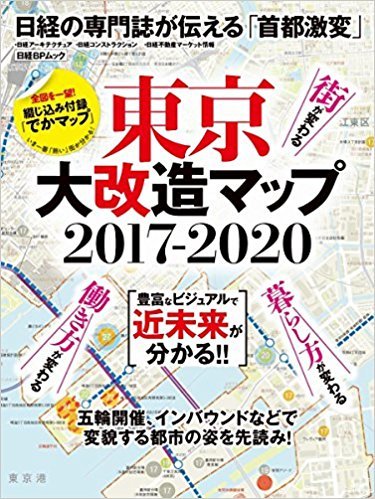
While some are taking advantage of this economic boom, there have also been some very concerned voices about citizens’ rights to cities and urban commons. Some say that Tokyo is increasingly changing without the citizens’ will — its changes are based on developers’ money games.
(If you want to know more about what’s happening, you can check out such research papers as “The need for rebuilding Tokyo with the 2020 Tokyo Olympics as impetus”.)
I want to see more encouraging stories of people who participate and act in Japanese cities, not just of those who are imagined to be the stakeholders and responsible for making them.


